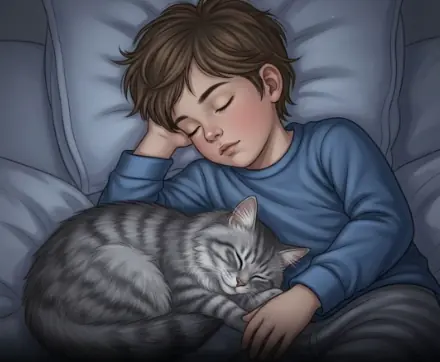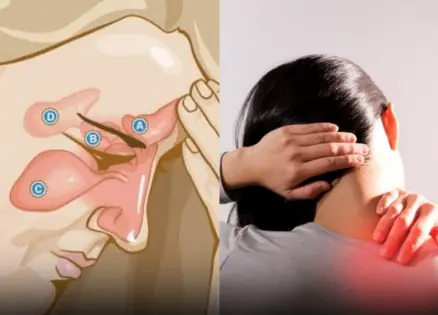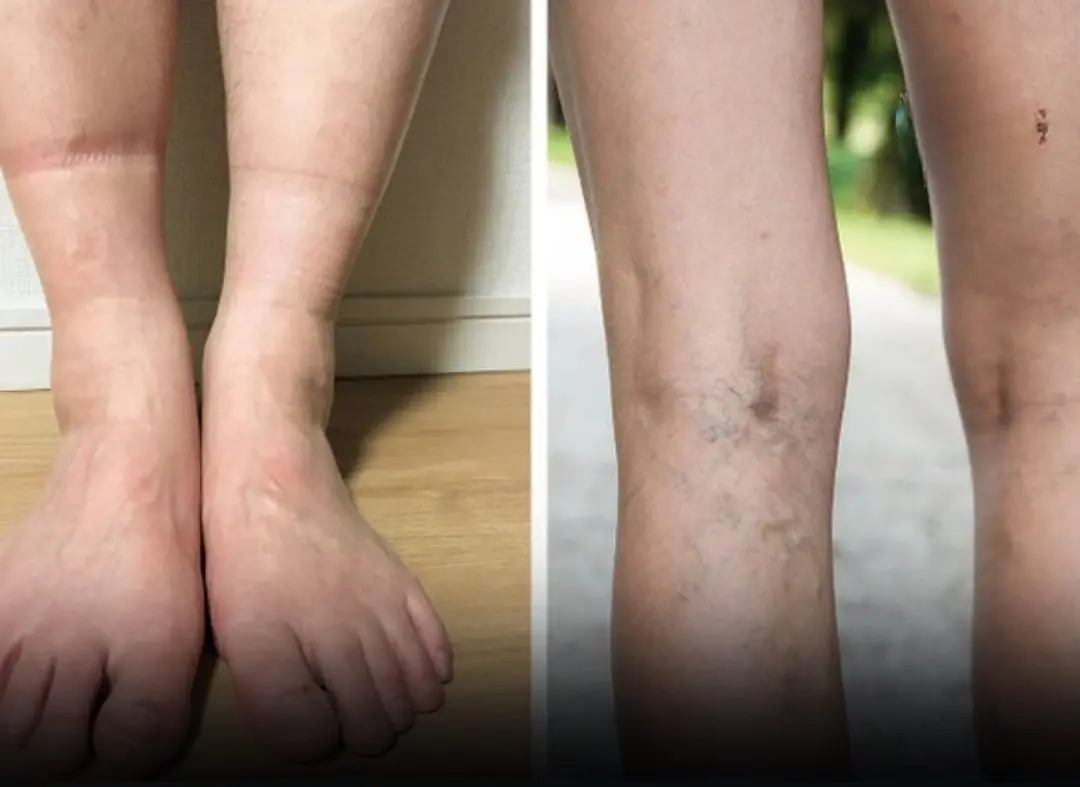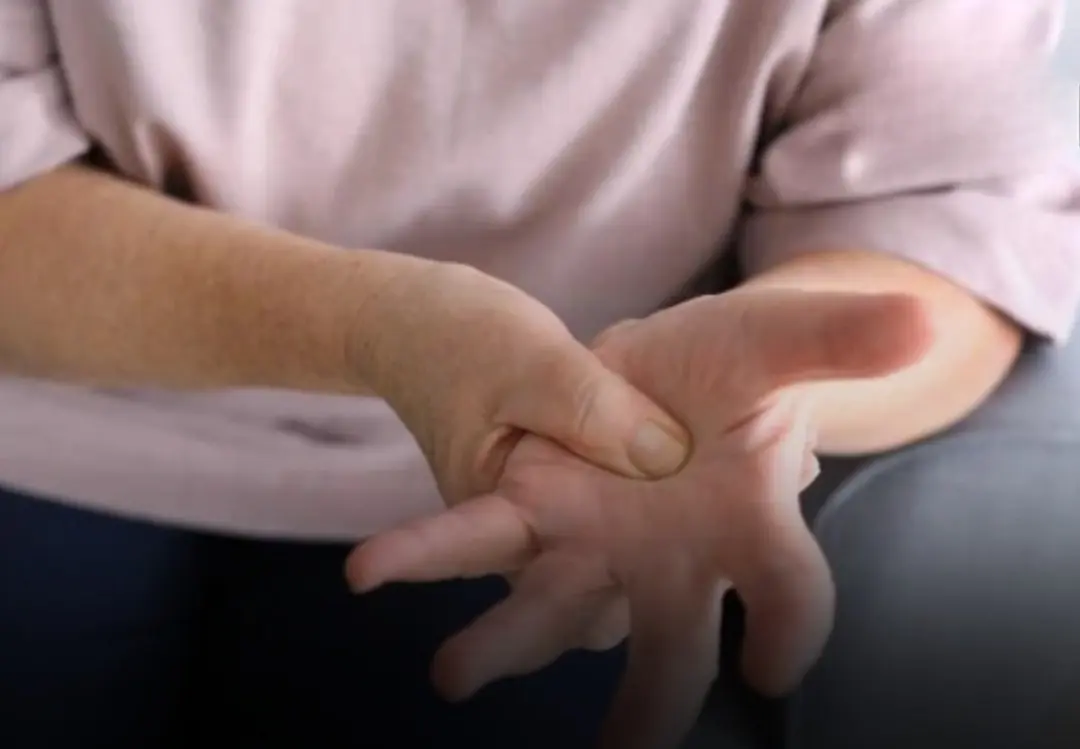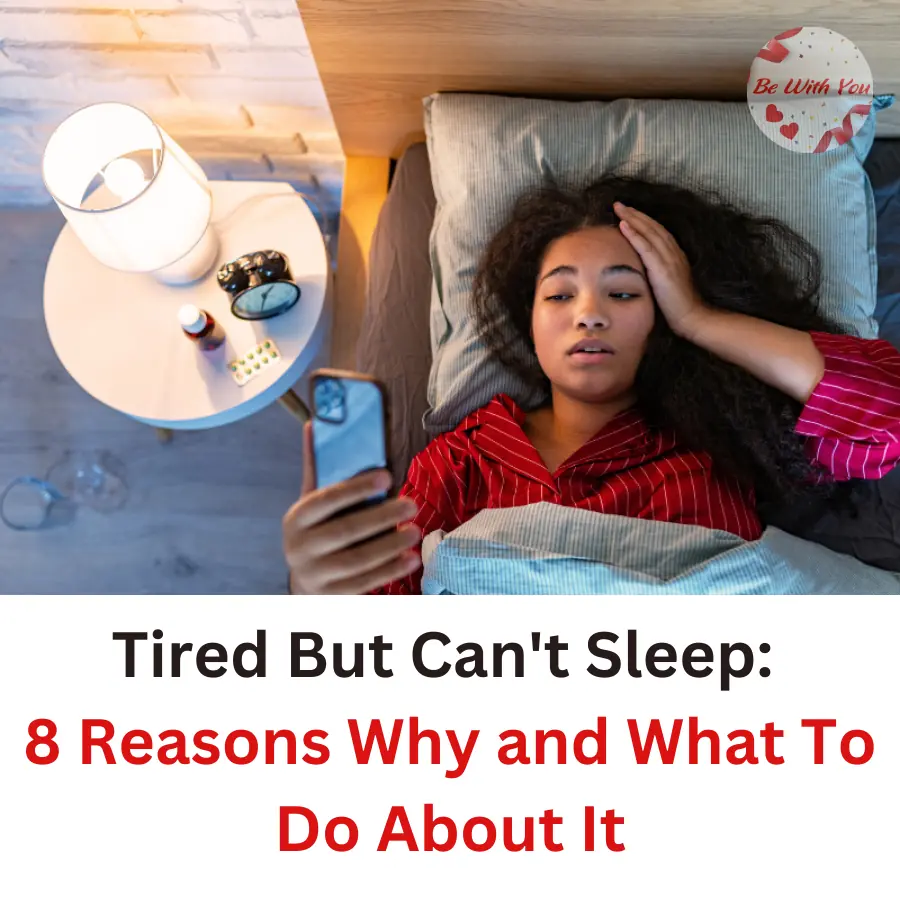
Below are eight common reasons why you might feel tired yet still struggle to fall asleep, along with practical tips on how to address each issue. Keep in mind that everyone’s situation is unique—if sleep problems persist, consider reaching out to a healthcare professional for personalized guidance.
1. Stress and Anxiety
Why It Happens
- Stressful life events, ongoing worries, and anxiety can keep your mind racing when you try to rest.
- Elevated stress hormones (like cortisol) make it harder to wind down.
What To Do
- Relaxation Techniques: Practice deep breathing, progressive muscle relaxation, or guided meditation before bed.
- Mindfulness: Journaling or writing down worries and to-do lists earlier in the evening can help clear your mind.
- Professional Help: If anxiety is severe or persistent, consider speaking with a therapist or counselor.
2. Irregular Sleep Schedule
Why It Happens
- Inconsistent bedtimes and wake-up times disrupt your body’s internal clock (circadian rhythm).
- Staying up late on weekends and trying to sleep early on weeknights can cause “social jet lag.”
What To Do
- Consistent Routine: Go to bed and wake up at the same time every day—even on weekends, if possible.
- Gradual Adjustments: Shift your sleep schedule in small increments (15 minutes earlier or later) over a few days.
- Avoid Napping Late: Naps can be beneficial, but taking them too late in the day may interfere with nighttime sleep.
3. Excess Screen Time and Blue Light Exposure
Why It Happens
- Electronic devices (phones, tablets, laptops) emit blue light, which suppresses the production of melatonin, a hormone that regulates sleep.
- Watching intense or emotionally charged content can also over-stimulate your brain.
What To Do
- Screen Curfew: Aim to power down devices at least 30–60 minutes before bedtime.
- Night Mode/Blue Light Filters: Use built-in device settings or special glasses to reduce blue light exposure.
- Wind-Down Routine: Replace late-night scrolling with calming activities like reading a physical book, listening to soft music, or doing gentle stretches.
4. Overconsumption of Caffeine or Other Stimulants
Why It Happens
- Caffeine blocks sleep-inducing chemicals in the brain and increases adrenaline production, making it harder to sleep.
- Some people are more sensitive than others, and caffeine can linger in your system for hours.
What To Do
- Time Your Intake: Limit or avoid caffeine after mid-afternoon (e.g., 2:00 p.m.).
- Check Hidden Sources: Be mindful of tea, chocolate, and certain pain relievers that may contain caffeine.
- Try Alternatives: Switch to decaf or herbal teas in the late afternoon and evening.
5. Poor Sleep Environment
Why It Happens
- Excessive noise, improper lighting, or uncomfortable room temperature can disrupt your ability to fall and stay asleep.
- An uncomfortable mattress or pillow may also contribute to restlessness.
What To Do
- Optimize Your Bedroom: Keep your sleeping area cool, dark, and quiet.
- Invest in Bedding: A supportive mattress and pillow that cater to your sleep position can make a big difference.
- Noise Management: Use earplugs, a white noise machine, or soothing music to mask disruptive sounds.
6. Underlying Health Issues or Pain
Why It Happens
- Certain health conditions (e.g., sleep apnea, restless legs syndrome, chronic pain, or acid reflux) can make it difficult to drift off.
- Hormonal imbalances and thyroid issues can also interfere with regular sleep patterns.
What To Do
- Consult a Doctor: If you suspect an underlying medical issue, speak with a healthcare professional for a proper diagnosis.
- Targeted Treatment: Managing the root cause—be it pain relief, breathing support for sleep apnea, etc.—often improves sleep quality.
- Lifestyle Adjustments: Exercise regularly and maintain a healthy diet to support overall well-being.
7. Depression or Other Mental Health Conditions
Why It Happens
- Depression can manifest as insomnia (trouble falling or staying asleep) or hypersomnia (sleeping too much).
- Shifts in brain chemistry and stress hormones can disrupt sleep regulation.
What To Do
- Professional Evaluation: Consult a mental health professional for an accurate diagnosis and personalized treatment plan.
- Therapy and Support: Treatments like Cognitive Behavioral Therapy (CBT) or medication can help regulate mood and improve sleep.
- Healthy Routines: Balanced meals, regular physical activity, and consistent sleep/wake times support mental health and better rest.
8. Racing Thoughts or Overactive Mind
Why It Happens
- Busy schedules, creative brainstorming, or excited anticipation (for good or bad events) can keep your mind in high gear.
- When you finally lie down, there’s no distraction, so thoughts take over.
What To Do
- Mental Offloading: Keep a notepad by your bed; write down thoughts, ideas, or concerns so you don’t dwell on them.
- Relaxation Apps: Guided meditations or mindfulness apps can help transition your brain from “go” mode to “rest” mode.
- Breathing Exercises: Try the 4-7-8 breathing method—inhale for 4 seconds, hold for 7, exhale for 8—to calm the nervous system.
General Tips for Better Sleep
- Create a Wind-Down Routine: Spend 30 minutes to an hour before bed in a relaxing environment—read, listen to music, or take a warm bath.
- Watch Your Diet: Avoid heavy meals close to bedtime, and limit alcohol, which can disrupt sleep later in the night.
- Stay Active: Regular exercise (earlier in the day) can significantly improve sleep quality, but high-intensity workouts right before bed can be stimulating.
- Avoid Clock-Watching: Constantly checking the time can increase anxiety about not sleeping. Turn your clock away or move it out of sight.
When to Seek Professional Help
- If insomnia or fatigue is impacting your daily life, mood, or performance, it’s a good idea to consult a healthcare professional. They can screen for underlying medical conditions, provide targeted treatments, or refer you to a sleep specialist.
Disclaimer: This information is for educational purposes and should not replace professional medical advice. If you have ongoing sleep difficulties, it’s important to consult a qualified healthcare provider for a thorough evaluation.













